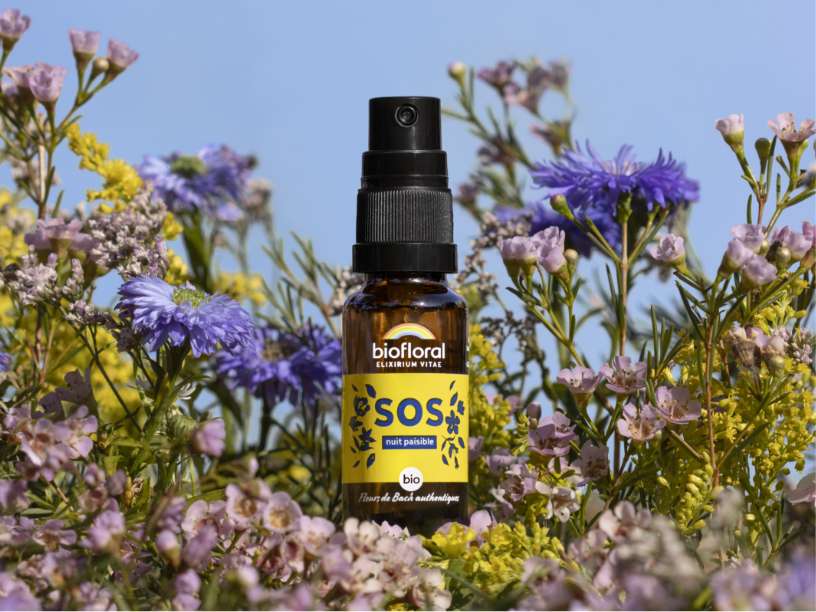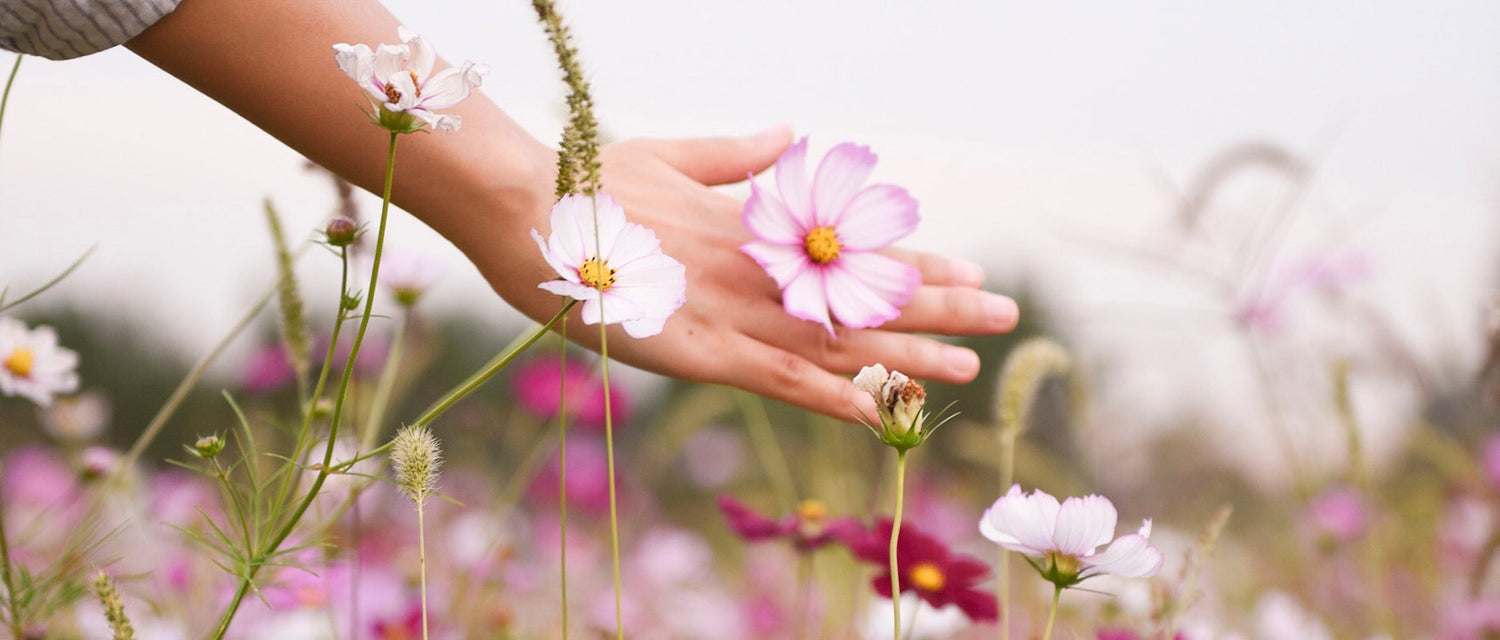Emotions are an integral part of our lives and their management gives rhythm to our daily lives. But what are emotions and why do we seek to control them?
What do we mean by emotions?
According to the Larousse dictionary, emotion is a “transient affective reaction of fairly high intensity, usually caused by stimulation from the environment. » Etymologically, the word comes from the Latin “exmovere” or “emovere” which means “outward movement” or “to set in motion”. Emotions are therefore reactions linked to external stimuli that we all feel differently and which are expressed for each of us in a unique way. They are also linked to our survival instinct. For example, the fear caused by encountering a bear in the forest pushes us to run away to avoid danger.
“Remember that small emotions are the great captains of our lives and that we obey them without knowing it.”
Van Gogh
So if these emotions are a kind of “natural” defense mechanism in the face of situations in our environment, why do we seek to manage them?
Why accept and understand your emotions?
If we let an emotion take over without trying to understand it, it will tend to amplify and influence our decision-making in the moment.
In general, we are capable of regulating our emotions and we do so sometimes unconsciously. This allows us to maintain good social relationships on a daily basis. They come and go quickly and very often disappear as quickly as they appeared. What can be a problem is when a negative emotion is expressed excessively or recurrently and over the long term. Accepting it without judgment, understanding it and expressing it will be the best way to avoid being overwhelmed.
Some of them can also provoke physical reactions in us: tears, increased heart rate, secretion of hormones, stomach aches, etc. Emotions could accentuate or even be the cause of certain pain or illnesses. This is the observation made at the beginning of the 20th century by Doctor Edward Bach who then did everything possible to find a solution to these excessive emotions and their consequences. He will find the answers in plants and more precisely, in flowers.
At the origin of Bach Flowers
Doctor Edward Bach, famous English homeopath, devoted the last 10 years of his life to the search for wild flowers that respond favorably to difficult emotions. He sought through these flowers to help his neighbor, both emotionally and in terms of health because according to him, everything is linked: the body, the soul and the spirit.
“To be well in your head is to be well in your body”. This is exactly the philosophy of Doctor Edward Bach when he said: “As long as soul, body and spirit are in harmony, nothing can affect us”. The patient's emotional health initially takes precedence over physical symptoms.
A large number of his remedies were tested on patients and a reduction in symptoms, or even healing, could be observed following the administration of Bach Flowers. He then defined emotional states into 7 large families and found 38 Flowers which each correspond to very specific emotions. Since then, Bach Flowers have been among the most used emotional therapies in our society. Indeed, floral elixirs act deeply through their subtle nature and help to regain emotional balance.
Created in 1999, the Biofloral laboratory was inspired by the philosophy of Doctor Bach and in particular his writings in order to reproduce the identical recipe for these floral elixirs on the volcanic lands of Auvergne, in the heart of nature. The energetic vibration of the territory, respect for the original recipe, wild picking of flowers and the use of organic Cognac and Demeter are all key elements which allow each Biofloral elixir to harmonize the psychic and energetic balance. Nature contains what we need to meet our physiological needs, but we must believe that we also find what is necessary to support us in managing our emotions!
Sources
- https://www.larousse.fr/dictionnaires
- https://changebooster.ch/comment-gerer-les-emotions/
- “Authentic Bach flowers”, Mechthild Scheffer 2017
- “Dr Bach’s Flower Guide”, Paul Ferris 2018
- “Journey to the heart of Bach Flowers”, Ulrich Rampp 2015
- “The Twelve Healers and Other Remedies”, Edward Bach 1933
- “Emotional intelligence and management”, Ilios Kotsou 2019
- “Treatment by Bach flowers, a review of the literature” J. Lechien, A. Hadefi, S. Dahman Saidi, I. Chimanuka, M. Es-Safi, P. Costa de Araujo, P. Linkowski, 2011










Leave a comment